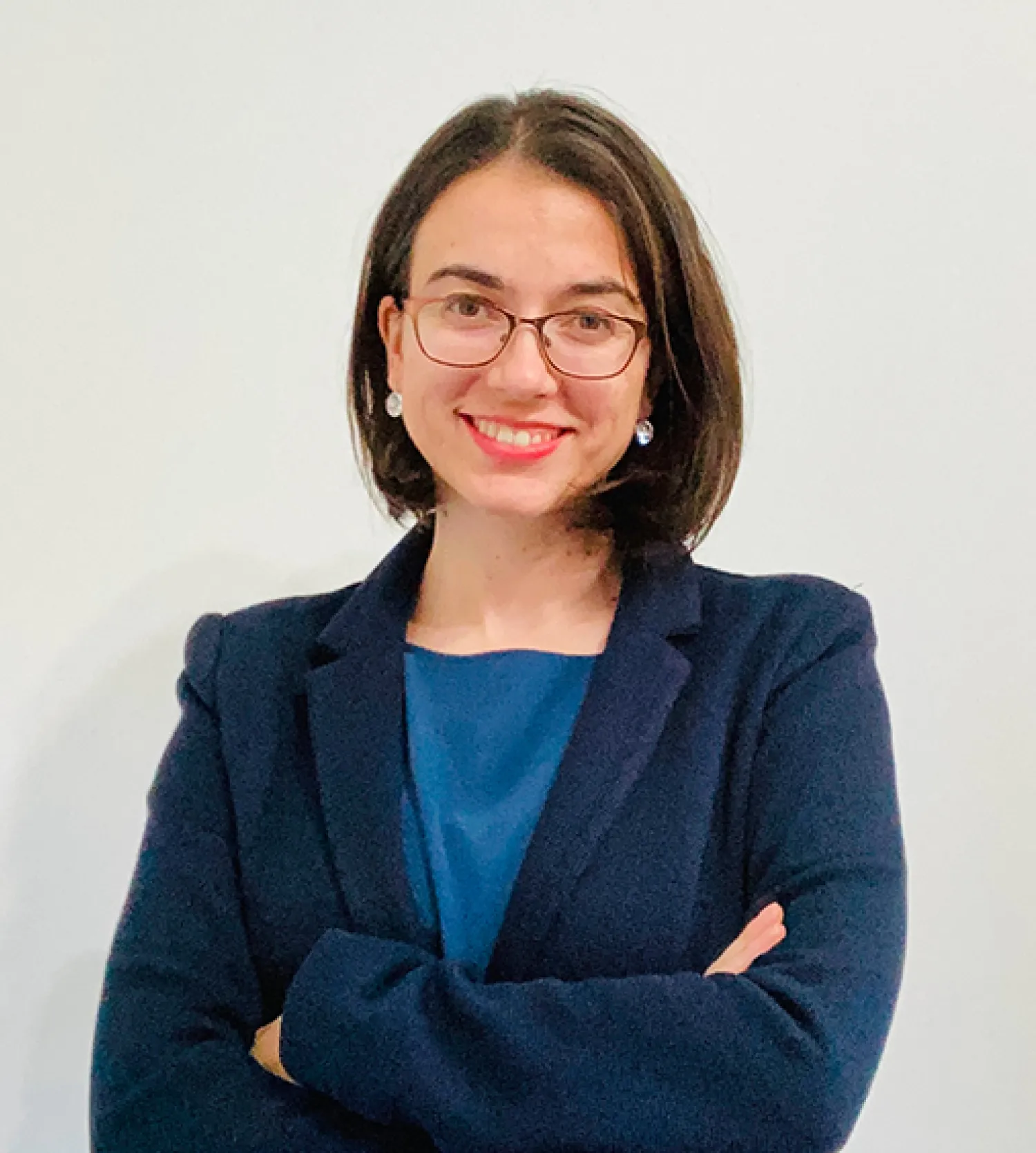Professor Katerina Tertytchnaya is Associate Professor in Comparative Politics at the Department of Politics and International Relations and Tutorial Fellow at Brasenose College.
With publications in the discipline’s flagship journals, and over half a million in external research income, Katerina is a prominent scholar in the field of authoritarian politics.
We spoke to Katerina and asked her about life in DPIR.
What inspired you to study and then later teach at DPIR?
What brought me to DPIR in the first place was the department’s reputation for world-leading research and thematic overlaps with faculty I was keen to work with. I was delighted to return to return to Oxford in 2023, this time as faculty, and to make Oxford my home again.
Can you tell us a little more about your research?
I study the resilience of non-democratic forms of government. I draw on insights from political sociology and comparative government, such as the study of social movements and public opinion, to understand the dynamics of mass support for non-democratic regimes. I also ask how opposition groups can generate support in repressive settings and how contemporary autocrats, like Russia’s Vladimir Putin, use repression, indoctrination, and propaganda to lower the costs of holding on to power. My research has been supported by the UK Research and Innovation (UKRI) Councils, the National Science Foundation (NSF), and the European Research Council (ERC).
What do you enjoy most about life in DPIR?
As a student, and now as faculty, I enjoy the fact that the department is so vibrant, with weekly seminars and conferences bringing together colleagues from around the world. I am also grateful for interactions with colleagues and students and for the many opportunities available to pursue new research projects and ideas with colleagues who work on similar areas.
What lessons did you learn from being a DPIR alumna now that have stayed with you through life?
Maybe not a lesson as such, but the people I met during the DPhil became my friends for life, something I will forever be grateful for. Doctoral programmes, I feel, also teach the importance of resilience and perseverance.
You are now an academic lead for DPIR’s Centre for Democratic Resilience – can you tell us a little more about your role?
I lead the Authoritarianism observatory which focuses on identifying, measuring, and countering strategies that authoritarian leader use to legitimize nondemocratic forms of government. Studying autocracies as part of efforts to create resilient democracies is important; we know today that governments in backsliding democracies borrow strategies of civil society repression and propaganda from autocrats’ playbooks. Developing partnerships with academic and research institutes as well as policy organizations, the lab aims to advance knowledge of how authoritarian governing strategies spread and to develop early warning systems that detect threats to democracies worldwide.
What are your future plans?
I am delighted to work on current and new projects on strategies of bureaucratic repression and to see my doctoral students develop their research portfolio and go on to build independent careers. I would also be delighted to see DPIR and the university become a leading global institution for the study of authoritarian politics. In terms of life goals, I am excited to see my son, who still hadn’t taken his first steps when we moved here, call Oxford his home, and explore the city as well as all that it has to offer.
What piece of advice or message would you give to prospective DPIR students?
To be confident in their abilities and lean on their cohort and supervisors for support. We are all rooting on you to succeed.



